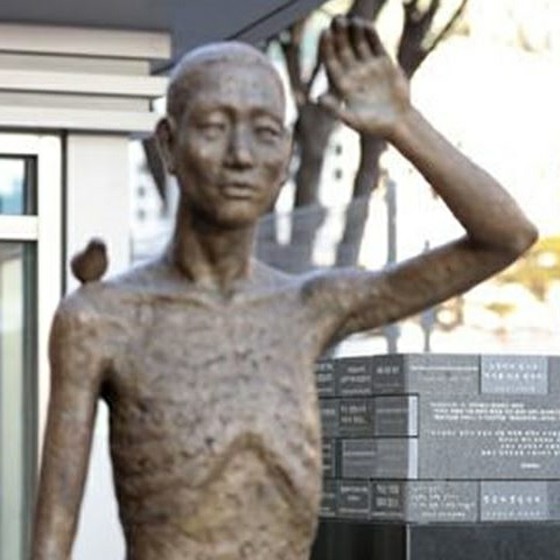 |
Before discussing the "recruitment" of the Japanese colonial era and the Korean broadcast coverage of it, let's first give an analogy.
The company president, who has 1,000 employees, instructed the general manager on Monday: "Let's go out for service this weekend. Let's go with 300 volunteers." On Wednesday, the general affairs manager reported to the president, "Only 100 applicants gathered."
The president instructed this again. "Please forcibly allocate the insufficient 200 people by department to fill the number of people." The general manager of the general affairs department allocates according to the ratio of the personnel of each department and fills all the insufficient 200 people. Over the weekend, 300 people started to serve.
By the way, the Korean broadcast is titled "'Forced recruitment by region'... Get recruitment mobilization record", and it is reported as if the 'forced recruitment (forced allocation)' that existed at that time could be a strong evidence of recruitment."
However, the term "assignment" or "forced recruitment" itself strongly suggests the fact that there was no recruitment at that time. The reason is that if there really was a recruitment at that time, there would be no need to dare to carry out "allocation" or "forced recruitment". This is because "assignment" and "forced recruitment" are rare methods that are used as a measure of poverty because there are few applicants under the condition of free recruitment.
In a nutshell, the existence of the phenomenon of "assignment" or "forced recruitment" is rather a strong proof that the recruitment had not been implemented at that time.
Taking the above case (company service activity) as an example again, if the president wants to "participate all 1000 employees" (=recruitment), he just says "all employees participate!" All you have to do is give instructions. There is no basis for the existence of such an instruction that "the insufficient number of people is forcibly assigned".
In the end, the Korean broadcast, which searched for materials related to "allocation (compulsory recruitment)" from somewhere and reported it as if it was evidence of recruitment, paradoxically said that there was no recruitment at that time. I didn't understand that it would be evidence, and I exaggeratedly reported it.
As a result, Korean Broadcasting supported the position of the Japanese government that "there was no recruitment at that time" (before September 1944, "recruitment" and "conscription" with legal force were not carried out). The role of the spokesman has become very faithful.
Therefore, plaintiffs who insist on "compulsory recruitment" in a series of large courts and constitutional courts in recent years (*Translator's note: both correspond to the Supreme Court of Japan, and the Constitutional Court corresponds exclusively to the Supreme Court in charge of unconstitutional review). Accurate coverage should also be given to the judgments such as compensation and consolation fees.
2021/11/29 21:13 KST


